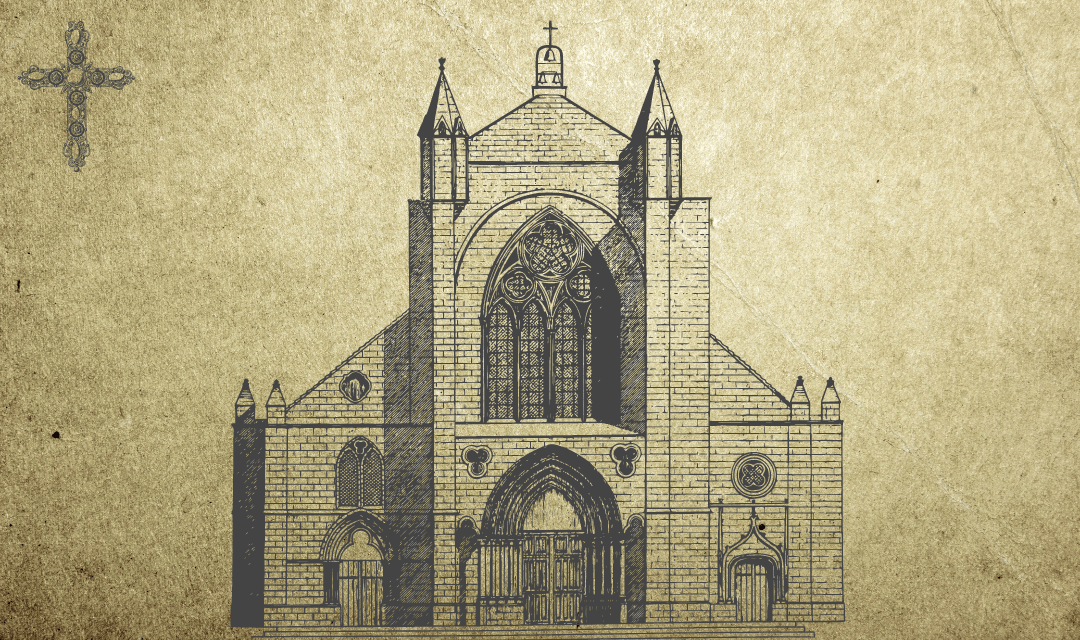By Hank Hanegraaff
Although some Christian traditions denounce Sunday worship as the end time “mark of the Beast,” there are good reasons why millions of Christians gather on the first day of the week for worship.
First, in remembrance of the resurrection, the early Christian church changed the day of worship from Saturday to Sunday. Within weeks, thousands of Jews willingly gave up a theological tradition that had given them their national identity. God Himself had provided the early church a new pattern of worship with Christ’s resurrection on the first day of the week as well as with the Holy Spirit’s descent on Pentecost Sunday.
Furthermore, Scripture provides us with the reasons behind the symbol of the Sabbath. In Genesis, the Sabbath was a celebration of God’s completed work in creation (Genesis 2:2–3; Exodus 20:11). After the Exodus, the Sabbath expanded to a celebration of God’s deliverance from oppression in Egypt (Deuteronomy 5:15). As a result of Jesus’ resurrection, the Sabbath’s emphasis shifted once again. It became a celebration of the rest we have through Christ who delivers us from sin and the grave (Hebrews 4:1–11). For the emerging Christian church, the most dangerous snare was a failure to recognize that Jesus was the substance that fulfilled the symbol of the Sabbath.
Finally, if you insist on being slavishly bound to Old Testament laws, you should also be forewarned that failing to keep the letter of the law might be hazardous to your health. According to the Mosaic law, anyone who does any work on the Sabbath “must be put to death” (Exodus 35:2). As the apostle Paul explained, however, “Christ redeemed us from the curse of the law by becoming a curse for us, for it is written: ‘Cursed is everyone who is hung on a tree’” (Galatians 3:13). The Sabbath was “a shadow of the things that were to come; the reality, how- ever, is found in Christ” (Colossians 2:17). In the end, religious rites must inevitably bow to redemptive realities.
Let no one judge you in food or in drink, or regarding a festival or a new moon or sabbaths, which are a shadow of things to come, but the substance is of Christ.
Colossians 2:16–17 NKJV
For further study, see D. A. Carson, ed., From Sabbath to Lord’s Day: A Biblical, Historical, and Theological Investigation (Eugene, OR: Wipf and Stock Publishers, 1999, originally published by Zondervan, 1982) and Is Seventh-Day Adventism Orthodox?
***Note the preceding text is adapted from The Complete Bible Answer Book: Collector’s Edition: Revised and Expanded (2024). To receive for your partnering gift please click here. ***
